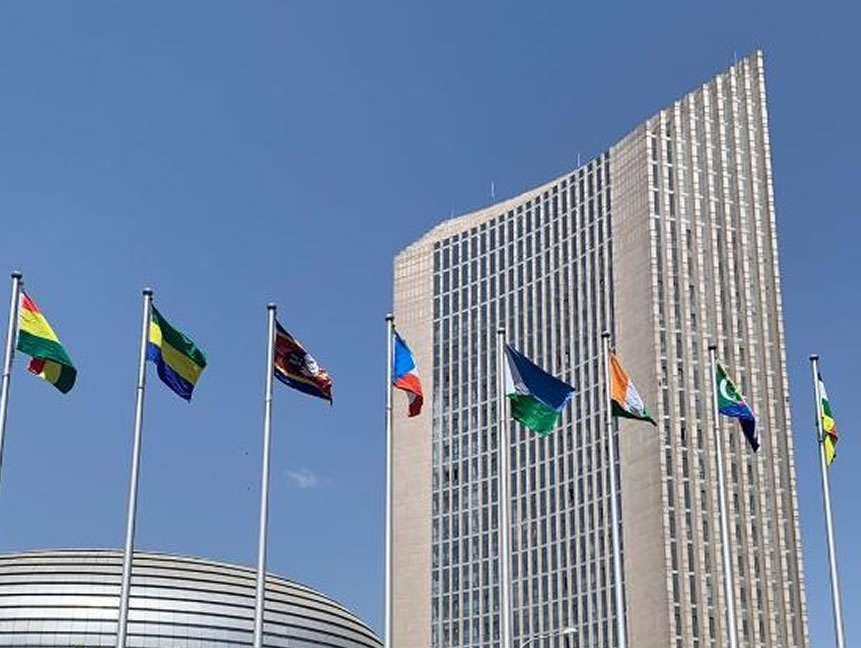




In recent years, the term “cyber” has become synonymous with anything related to networks and computers, especially in the context of security. The emergence of conflicts in cyberspace, including state-on-state cyber warfare, cyber terrorism, and cyber militias, has added a new layer of complexity to the field. However, there remains a lack of consensus on what “cyberspace” truly encompasses and the implications of conflicts within it. Cyberspace can be defined as a time-dependent network of interconnected information systems and the human users who interact with them.
Implications of Conflicts in Cyberspace:
This post delves into the potential for rapid deployment of offensive and defensive actions within cyberspace. It discusses the feasibility of mapping cyberspace and the necessity for constant patrolling and reconnaissance. Understanding these aspects is crucial in addressing emerging cybersecurity threats effectively.
Cybersecurity Threats:
The post highlights the occurrence of cyber security threats and cybercrime, with a particular focus on the international aspect of cyber security threats. It addresses these issues in both the African and Ethiopian contexts.
African Union’s Role: The African Union (AU) has recognized the importance of cybersecurity and personal data protection. The AU Convention on Cyber Security and Personal Data represents a positive step in this direction. However, as of the time of writing, the convention has not yet entered into force, and only a few African nations have signed or ratified it.
Challenges in African Cybersecurity:
African countries are increasingly gaining access to broadband Internet, which has brought about new challenges in terms of cybersecurity and cybercrime. The post emphasizes the need for comprehensive and integrated approaches to combating cyber threats, involving governments, industry, and civil society organizations.
Specific Challenges in Ethiopia: Ethiopia faces specific challenges in the realm of cybersecurity. Currently, there is no functional national cyberspace security policy in place. The Ethiopian ICT Development Authority is working on developing national information security standards. The existing security technology in Ethiopia relies on firewalls, network Intrusion Prevention Systems (IPS), dial-up protection, packet filtering mechanisms, and spam guards. However, these measures are not part of a broader national information security policy and standards framework.
Recommendations:
To address these challenges effectively, the post recommends:
In conclusion
As Africa continues to embrace the digital age, it must also be prepared to address the cybersecurity challenges that come with it. Developing robust policies, fostering international cooperation, and protecting civil liberties are essential steps toward securing the digital future of the continent.
This article is a summary of the work Cyber Security in African Union and Ethiopia and Its anticipation (PDF Download)

Web Developer | Cybersecurity Advocate | Offensive Security Enthusiast
Passionate about Personal Transformation and Offensive Security, I’m Ehinomhen Okaiwele—a dedicated Web Developer and Cybersecurity Advocate. My mission is clear: elevating the “Cybersecurity Consciousness” of fellow Africans. Through my journey, I aim to empower individuals, fostering a safer digital landscape for our community. Join me in this transformative endeavor.